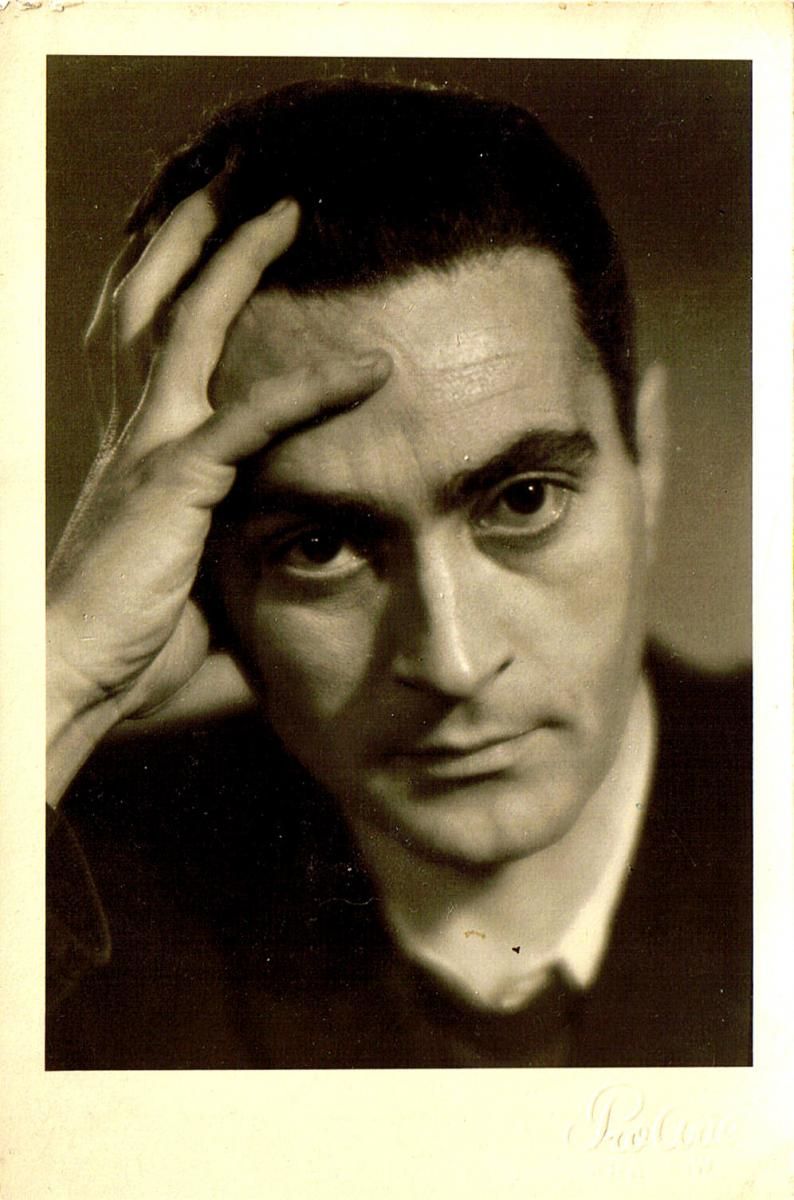Zdzisław Nardelli
Mediathek Sorted
![His debut as poet His debut as poet - „Świt na nowo” [Daybreak Anew], tomik poezji [volume of poetry], editor, F. Hoesick. Warsaw 1938, and poem entitled “Wyjazd” [Departure].](/sites/default/files/styles/width_100_tiles/public/assets/images/1._nardelli_swit_okladka_0.jpg?itok=XtuveBzH)
![Stalag VIII C in Sagan Stalag VIII C in Sagan - Reprint from the folder: Muzeum Obozów Jenieckich [Prisoner of War Camp Museum]. Stalag VIII C. Stalag Luft 3, edited by Muzeum Obozów Jenieckich, Żagań [Sagan] 2014.](/sites/default/files/styles/width_100_tiles/public/assets/images/2._zagan_folder.jpg?itok=rMCH1RCU)
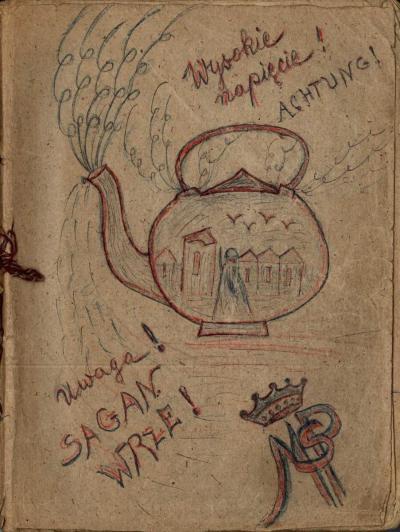
![Page with the triangular censor seal ‘tested’ of Stalag VIII C in Sagan Page with the triangular censor seal ‘tested’ of Stalag VIII C in Sagan - ‘Oczko we mgle...’ [A Tiny Eye in the Fog], in: ‘Szopka Sagańska’.](/sites/default/files/styles/width_100_tiles/public/assets/images/4._szopka_saganska.jpg?itok=EzGpZ0FL)
![Caricature of Zdzisław Nardelli Caricature of Zdzisław Nardelli - In: “Szopka Sagańskiej” [Sagan Nativity Play].](/sites/default/files/styles/width_100_tiles/public/assets/images/5._nardelli_karykatura.jpg?itok=koe6bqgv)
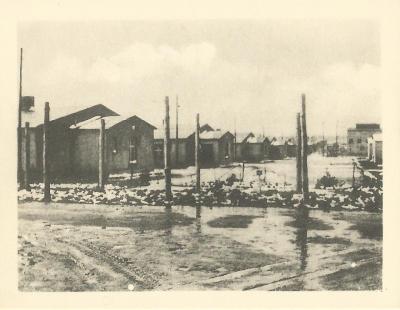
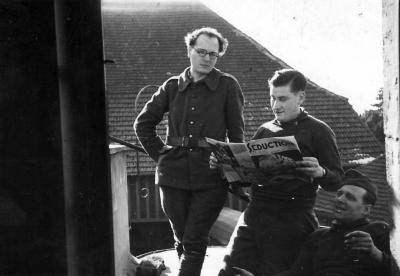
![‘Wieczór polski’ [Polish Evening] in Stalag VIII A in Görlitz ‘Wieczór polski’ [Polish Evening] in Stalag VIII A in Görlitz - The programme of the Polish Evening (cover), created by Bohdan Samulski.](/sites/default/files/styles/width_100_tiles/public/assets/images/8._wieczor_polski_1940_program_s._1-4_600dpj.jpg?itok=ZrxNTYFw)
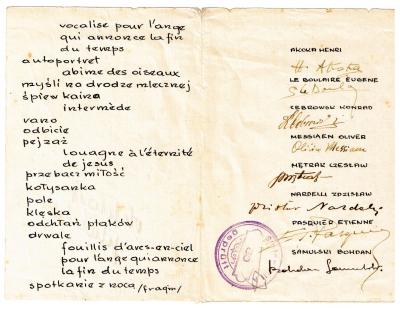

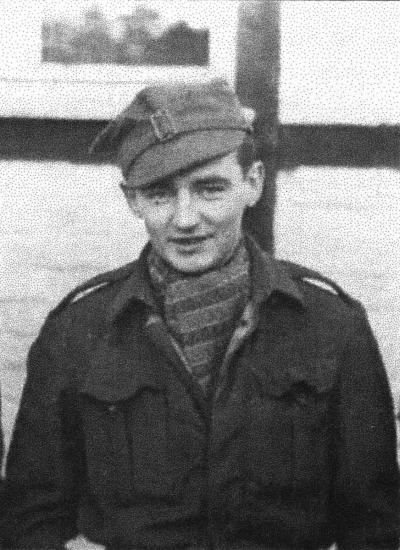
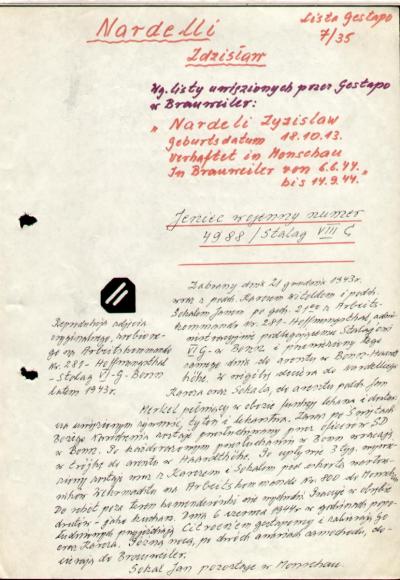
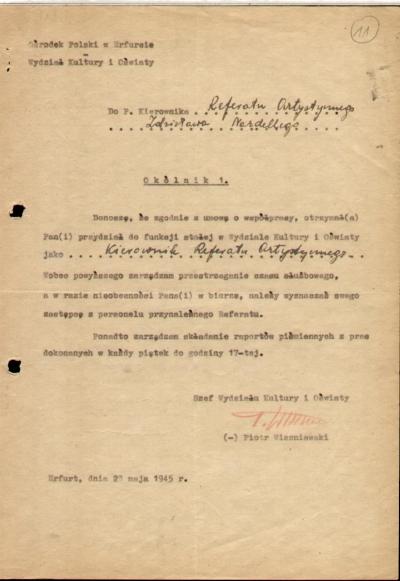
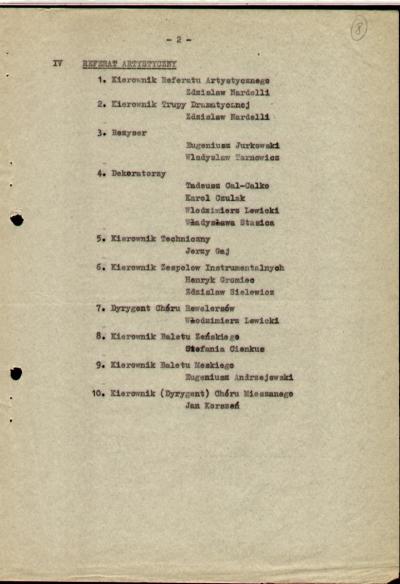
![Zdzisław Nardelli in the film by Antoni Bohdziewicz “Za wami pójdą inni…” [Others will be following you] Zdzisław Nardelli in the film by Antoni Bohdziewicz “Za wami pójdą inni…” [Others will be following you] - The only existing film reel in the FN..](/sites/default/files/styles/width_100_tiles/public/assets/images/15._z._nardelli_w_filmie.jpg?itok=HiQspfto)
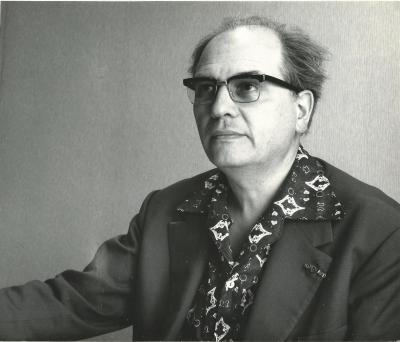
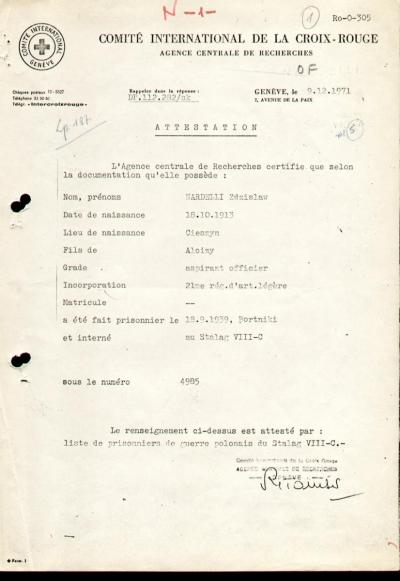
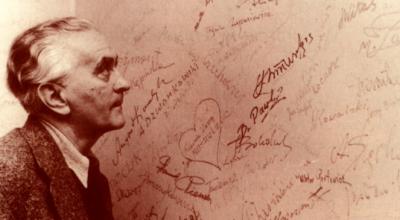
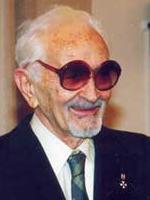
![“Pasztet z ojczyzny” [A Pie from the Homeland] “Pasztet z ojczyzny” [A Pie from the Homeland] - Cover.](/sites/default/files/styles/width_100_tiles/public/assets/images/20._nardelli_pasztet_okladka.jpg?itok=awWM9OsG)
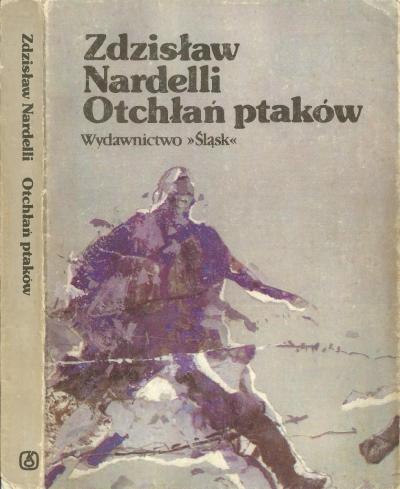
![Dedication written Zdzisław Nardelli for Jerzy Stankiewicz Dedication written Zdzisław Nardelli for Jerzy Stankiewicz - In a copy of “Otchłań ptaków” [The Birds’ Hell].](/sites/default/files/styles/width_100_tiles/public/assets/images/22._nardelli_1989_dedykacja.jpg?itok=LszHQZ-E)
![“Płaskorzeźby dyletanta” [The Bas-Relief of a Dilettante] “Płaskorzeźby dyletanta” [The Bas-Relief of a Dilettante] - Cover.](/sites/default/files/styles/width_100_tiles/public/assets/images/23._nardelli_plaskorzezby_okladka.jpg?itok=O3spRHrT)
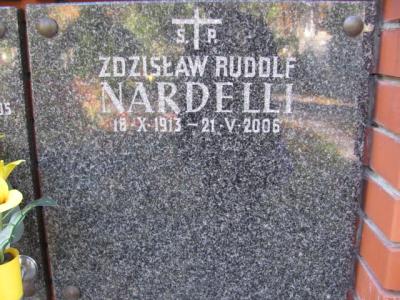
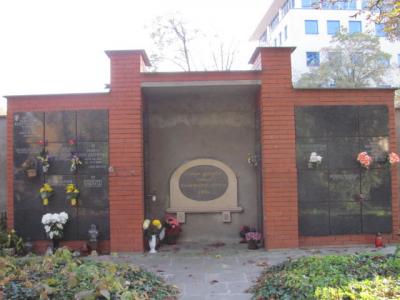

Nardelli was culturally and artistically active in all the prisoner-of-war camps, where he wrote texts and poems, organised evening events, ran a theatre and prepared theatre performances. In Görlitz he made the acquaintance of the outstanding composer Olivier Messiaen who was a prisoner in Stalag VIII A. Messiaen took him under his charge. Nardelli organised “Polish Evenings” in which he recited his poetry to the sound of music composed by Messiaen whilst he was a prisoner. Thus Nardelli smoothed the way for the historic premiere of “Quartet for the End of Time” in Stalag VIII A. Today it is acknowledged as one of the most famous works in French chamber music and played in concert houses all over the world. Nardelli was held prisoner by the Nazis in Bonn, Monschau, Brauweiler and Cologne, where he was charged by the Gestapo of being involved in communist activities. He was finally found guilty and sent to the concentration camp in Buchenwald (detainee number 81824). Here he made contact with a communist underground cell. He succeeded in fleeing the camp shortly before its liberation by the American army in the first days of April 1945. From May onwards he began work in the Polish Centre in Erfurt as the head of the arts office. A short time afterwards he decided to return to Poland.
Nardelli was given the task of organising the programme of the Polish Radio broadcasting station in Kraków. Here he helped set up the Symphony Orchestra of the Republic of Poland under the direction of Jerzy Gert and worked hard to ensure that the trumpet signal “Hejnał” was broadcast every day at noon from the tower of the Church of St Mary in Kraków. Since then this has been a fixed part of the tradition of the radio programme. In 1949 he was moved to Szczecin and Koszalin, where he completely overhauled and restructured the radio stations there. After the death of his wife, with whom he had one son, Piotr, he began a relationship with a wonderful woman with the extraordinary name of Teodozja. In 1956 he started work as the chief director of Polish Radio in Warsaw, responsible for all radio broadcasts (with the exception of literature). Between 1969 and 1988 he was a theatre director at Polish Radio, where he encouraged a broad circle of befriended writers and authors to work with him. One in particular K. I. Gałczyński, even composed a cantata for Nardelli – Kantata na otwarcie Rozgłośni Radia w Szczecinie – on the occasion of the opening of the broadcasting station in Szczecin (it has now fallen into oblivion). He worked with great passion and energy and often took unconventional paths. Nardelli was to become one of the most outstanding radio play directors. An elite of actors worked under him: these included Ludwik Solski, Irena Eichlerówna, Czesław Wołłejko, Edward Dziewoński, Andrzej Łapicki, Stanisława Perzanowska, Tadeusz Fijewski, Danuta Szaflarska, Zbigniew Zapasiewicz and Gustaw Holoubek. All in all he created ca. 1.500 radio plays including the much-loved Polish “classics” Dziady [Forefathers' Eve] by Adam Mickiewicz, Wesele [The Wedding] and Warszawianka [The Woman of Warsaw] by Stanisław Wyśpiański, and also works by younger authors like Helmut Kajzer from Cieszyn. In doing so he used new technical solutions, for example by linking stereophonics with quadraphonics and exploiting the recording capabilities of the Polish Radio experimental studio, headed by Józef Patkowski. Nardelli ended his career in radio with a production of Rzeźnia [The Slaughterhouse] by Stanisław Mrożek. Polish Radio is still broadcasting all these radio plays today. In addition Nardelli was invited by foreign radio stations to direct radio plays by Polish authors. These included Sender Freies Berlin (Panie – The Ladies – by I. Iredyński), Centro di Produzione di Milano (La Fuga by H. Bardijewski), RAI in Rome (Non omnis moriar by J. Przybora), SBB Baden-Baden (Herr Lonek ist gekommen by M. Tonecki, featuring the popular actor Rolf Henniger), whereupon the press reaction was as follows: “A well-known Polish citizen is once more staying within the walls of our town…”, not forgetting the broadcasting stations in Bratislava (Czapa – by J. Krasiński) and Oslo. He was a member of the jury for the international radio competition “Prix Italia” in Turin. Furthermore he represented Polish Radio abroad, amongst others in Vienna and at the Congress of Radio Creators in Frankfurt am Main, during which he clashed with representatives of the young German school who attacked traditional radio play forms.





















































































